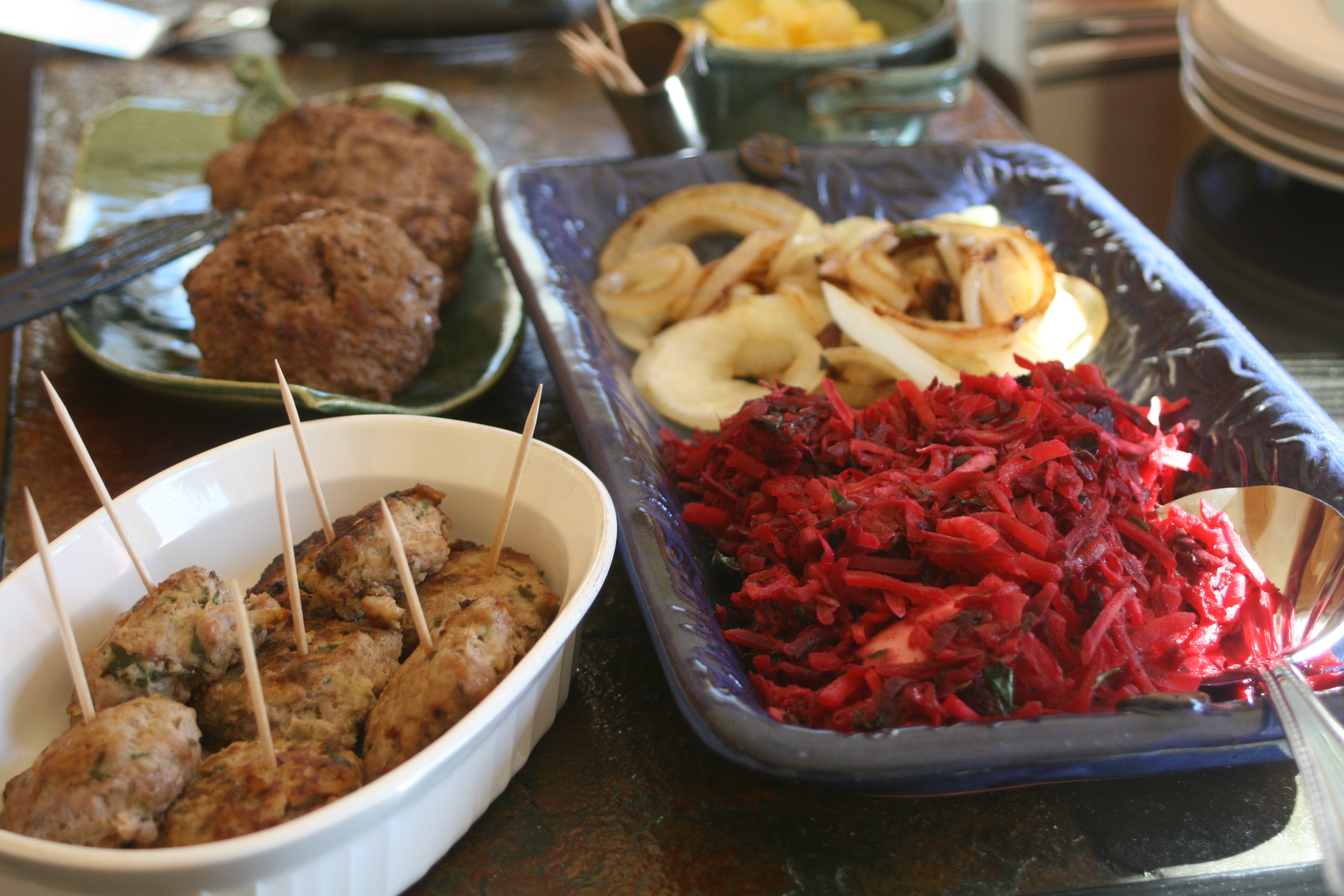I’ve always been a life-long learner in my quest for optimal health and wellness. The importance of being able to assimilate nutrients being digested in our stomach and intestines was what I thought was needed to be healthy. That famous expression “heal the gut” was branded into my brain and justifiably so! Yet, while in my sixth decade, it amazes me that I can still discover tidbits of knowledge that I never knew, or if I did know, didn’t make the right “connections”. Although gut health is necessary, it is only part of the story when it comes to digestion.

Spending several decades immersed in traditional Western medicine more than likely influenced my perceptions about gut health. But, over the last two decades, I have revisited much of the conventional wisdom spouted out by the media and allopathic medicine. It is common knowledge that bad food choices may have an adverse impact on our digestive system. But did you know that the digestive system includes more than the stomach, small and large intestines? According to Chinese medicine, it is the stomach, spleen and pancreas that are the primary digestive organs. How could I have missed this vital interconnection between the stomach and the spleen?
In Western medicine, we know the spleen as the fist-sized, purple organ found in the upper left part of the abdomen. This unique organ is thought to function primarily as part of the lymphatic system; it's job is to filter blood to ward off infections and maintain fluid balance in the body.
Chinese medicine agrees with Western medicine in that the spleen helps to support the immune system and maintain healthy blood cells. However, Chinese medicine also acknowledges that these functions are strongly related to the spleen's role in maintaining healthy digestion and metabolism. Moreover, the spleen represents nurturing care, protection and balance. The spleen is the organ that appreciates moderation and regularity. Random or careless eating habits disrupt the spleen’s balance, and like the domino effect, disturb the integrity of the entire body!
So, if you want to protect your spleen, improve digestion, and optimally process the foods you eat, then:
- Eat regular meals- no skipping or eating haphazardly
- Don’t overindulge- eat moderate portions
- Maintain a calm demeanor- eating hurriedly, or while you are anxious or angry disrupts your digestion
- Chew your food well- digestion begins in your mouth. Allow your mouth to do its part of the digestive process so as not to overtax the rest of your body
- Don’t eat late at night- undigested food still in you body during sleep makes demands on resources that should be resting
- Cook your food- raw foods damage the spleen and create “dampness” (more on this topic in another post)
- Drink beverages at room temperature or warmer- your spleen cannot tolerate icy cold temperatures
Implementing these basic habits, along with choosing truly healthy foods can go a long way in giving your body the nourishment it needs. Remember, optimal digestion is imperative for breaking down the foods you eat. Your health is determined by what you eat and how you eat it!
Inspired by the book Wood Becomes Water- Chinese Medicine in Every Day Life by Gail Reichstein.
